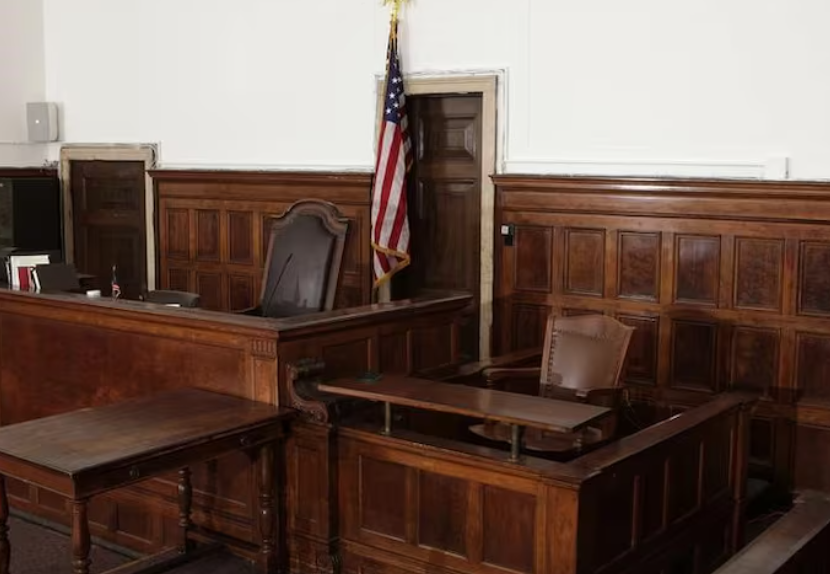Consumers suing major Las Vegas resorts over alleged room rate collusion have asked a U.S. appeals court to reinstate their lawsuit, arguing the case is a crucial test for antitrust claims involving companies that use computer algorithms to set prices.
In a filing submitted to the 9th U.S. Circuit Court of Appeals on Thursday, the plaintiffs contended that they presented enough evidence of illegal price-fixing to allow their proposed class action against Wynn Resorts, Caesars, Treasure Island, and others to proceed.
The lawsuit, dismissed by a Nevada federal judge in May, accused the hotels of colluding to inflate room rates by sharing sensitive internal data with a software platform that offered pricing recommendations. The plaintiffs argued that modern algorithms enable competitors to “collude more easily and effectively” and warned that the judge’s decision could “immunize algorithmic price fixing from antitrust scrutiny.”
Neither Cendyn, the software provider, nor the defendant hotels, including Wynn Resorts, Caesars, and Treasure Island, commented on the case. The plaintiffs’ lawyers also did not immediately respond to requests for comment. Both the hotels and Cendyn have denied any wrongdoing.
This lawsuit is part of a growing trend of cases targeting industries, including hotels, that allegedly use revenue maximization platforms to coordinate prices. A similar lawsuit against hotels in Atlantic City is currently pending in New Jersey federal court.
In the Las Vegas case, Chief U.S. District Judge Miranda Du dismissed the lawsuit on the grounds that the plaintiffs failed to prove the hotels used Cendyn’s Rainmaker platform simultaneously or that they agreed to follow the system’s pricing recommendations. Du emphasized that the system’s recommendations were non-binding and did not show that the hotels had conspired to limit pricing competition.
In their appeal, the plaintiffs countered that even non-binding pricing guidelines could disrupt competitive markets and should be considered an “unreasonable” restraint. They maintained that the core issue of the lawsuit is whether the hotels’ use of the platform interfered with market competition, irrespective of whether they followed its recommendations.
The case is Richard Gibson et al v. Cendyn Group et al, 9th U.S. Circuit Court of Appeals, No. 24-3576.

